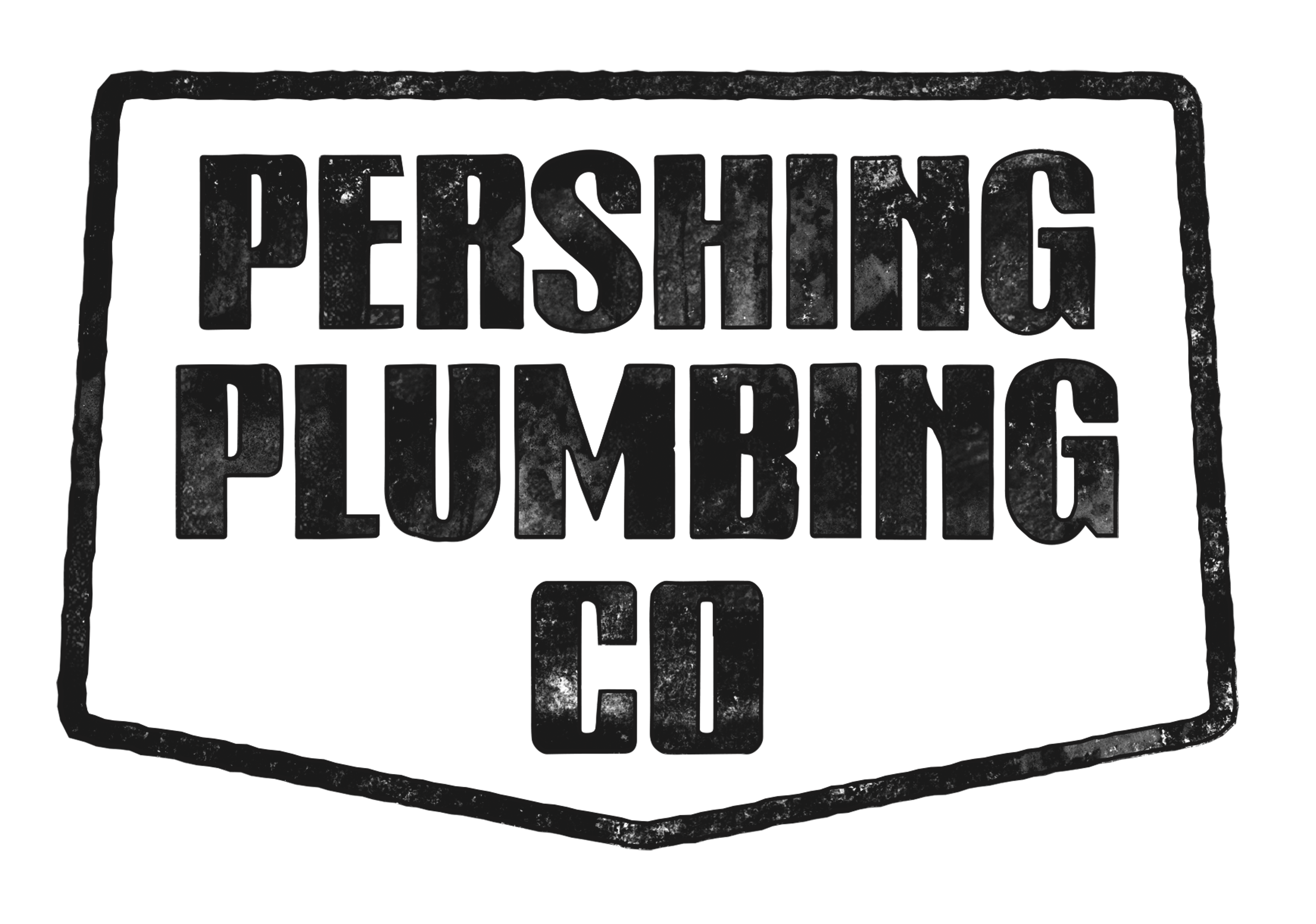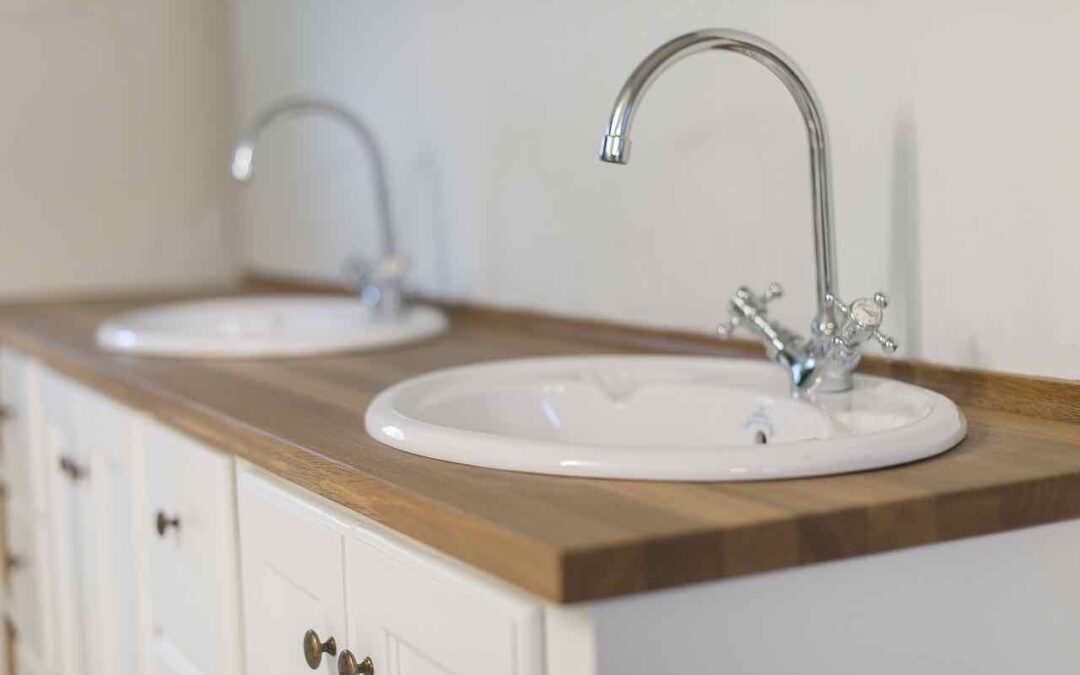Many homeowners are blissfully unaware of the lurking danger that fatbergs pose to their plumbing systems—until they’re hit with a clog or, worse, a plumbing catastrophe. In our previous blog, we touched on various tools and gadgets to keep these greasy giants at bay. Now let’s explore lifestyle changes that can also make a difference in preventing fatbergs.
Anatomy of a Fatberg
Fatbergs are not just composed of fats and grease; they’re an unpleasant amalgamation of sanitary products, wet wipes, and even hair. This makes them a stubborn obstacle in your plumbing system, often requiring professional intervention.
Lifestyle Changes to Consider
- Composting: One of the most effective ways to keep organic waste out of your plumbing system is to compost. Even fats and oils can be composted under the right conditions.
- Reusable Wipes: Instead of disposable wipes, consider reusable, washable cloth wipes that won’t end up contributing to a fatberg.
- Waste Segregation: Keep separate waste bins for fats and oils. Once full, these can be disposed of in an environmentally friendly manner.
- Hair Catchers: Place hair catchers in your shower drains to prevent hair from becoming a component of a potential fatberg.
Do’s and Don’ts
- Don’t Flush, Trash: Always dispose of sanitary products, diapers, and similar items in the trash, not the toilet.
- Do Filter: Use mesh drain guards on all your drains to catch debris that could contribute to a fatberg.
Key Takeaways
- Compost: Divert organic waste from your plumbing system by composting.
- Be Material Conscious: Use reusable items where possible to minimize waste.
- Filter and Segregate: Make it a habit to segregate waste and use filters.
Conclusion
While fatbergs are a menace to plumbing systems, we have more control over their formation than we might think. Simple lifestyle changes, from what we flush down our toilets to how we dispose of waste, can go a long way in preventing these greasy behemoths. Let’s take a proactive approach to safeguard our homes and the larger sewage systems we’re all a part of. With the right habits and practices, we can all contribute to a fatberg-free future.

